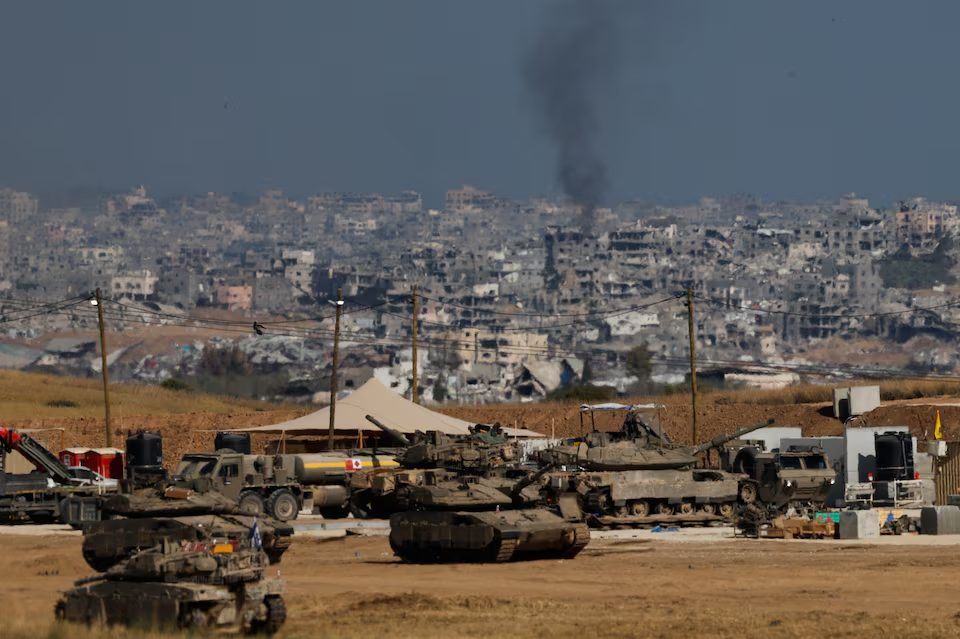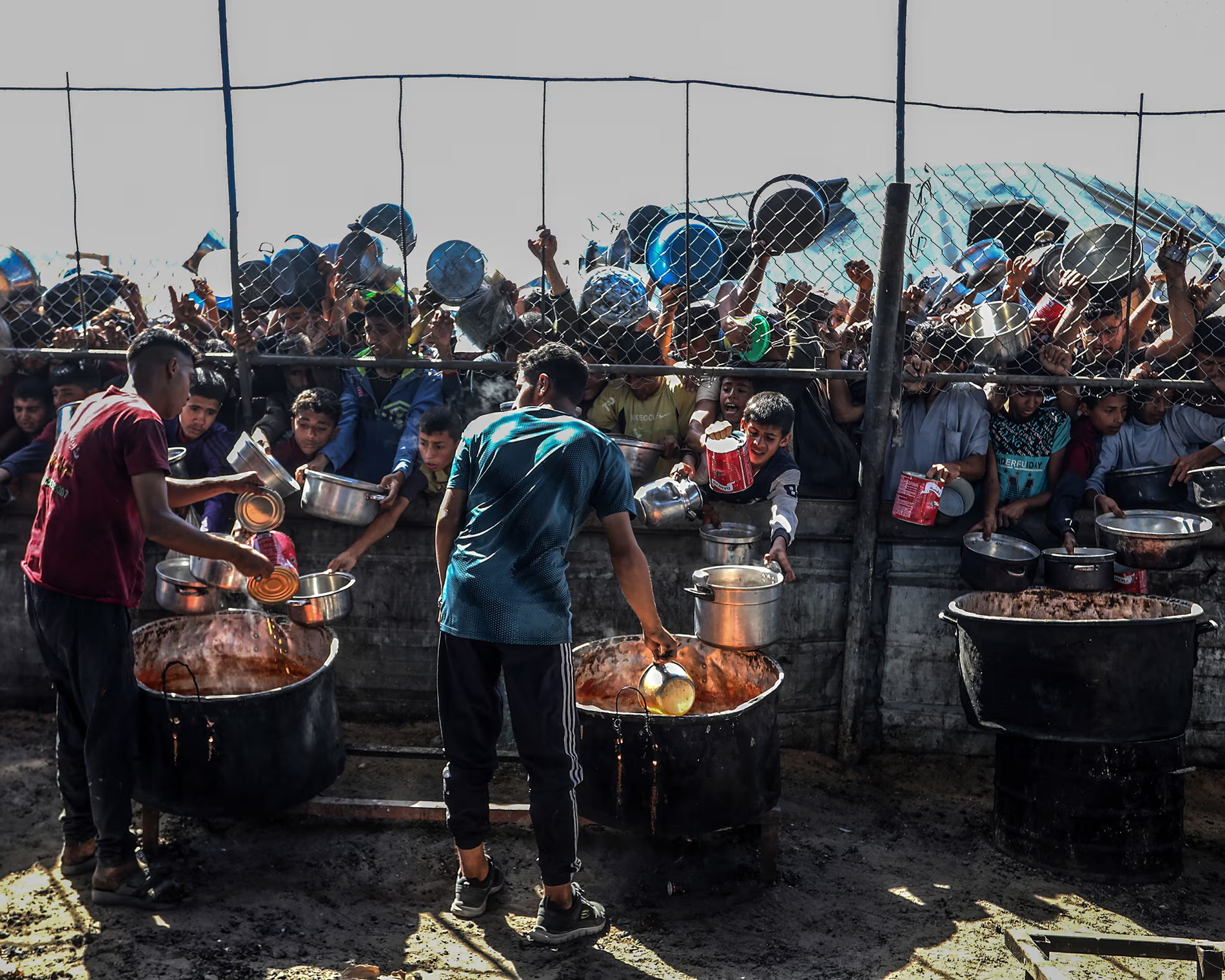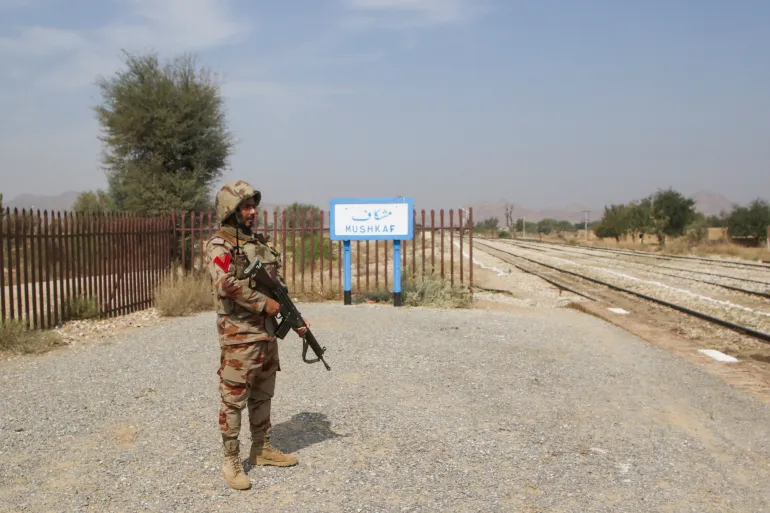Israeli airstrikes across the Gaza Strip killed dozens of Palestinians on Tuesday, May 20, 2025, amid escalating international condemnation of Israel’s ongoing military campaign and the mounting civilian death toll in the besieged territory.
The Israeli military stated that the strikes targeted Hamas command centers, rocket launchers, and weapons caches, asserting that the operations were essential to degrading the militant group’s operational capacity.
“We are continuing to neutralize Hamas’s capabilities while minimizing harm to civilians,” the Israel Defense Forces (IDF) said in a statement, though the growing civilian toll has drawn fresh scrutiny.
Among the dead were women and children, with entire families reportedly buried under collapsed homes. Video footage broadcast by local and international media showed residents digging through debris with bare hands and rushing the wounded into overcrowded hospitals on makeshift stretchers.
Israel’s military campaign began in October 2023 following a deadly Hamas attack, but critics argue that the prolonged offensive has become disproportionate and increasingly detached from its original military objectives. The Gaza death toll has now surpassed 53,000, according to Palestinian authorities, with over 80% of the population displaced.
The international response has intensified sharply in recent days. France, the UK, and Canada issued a joint warning this week, urging Israel to halt its military operations in Rafah, a city now sheltering more than a million internally displaced Palestinians. French Foreign Minister Stéphane Séjourné described Israel’s recent efforts to ease aid access as “insufficient,” and called for immediate measures to protect civilians.
Meanwhile, humanitarian groups on the ground have sounded the alarm over deteriorating conditions. Doctors Without Borders and the International Committee of the Red Cross report growing rates of malnutrition, waterborne disease, and untreated injuries, particularly in southern Gaza, where Israel is reportedly preparing a potential ground assault in Rafah.
The United Nations has condemned the ongoing bombardments, with Secretary-General António Guterres warning that Gaza faces an “irreversible humanitarian catastrophe” if hostilities are not halted.
“No safe zone exists in Gaza anymore. There is no place to run, no place to hide,” said a UN official based in Rafah.
Israeli Prime Minister Benjamin Netanyahu defended the operations during a televised address, stating that Hamas must be eliminated to ensure long-term peace. He accused critics of applying a “double standard”, insisting that Israel’s actions are in line with international law and necessary for national security.
“We are fighting a war we did not start — against a terrorist group embedded in civilian areas,” Netanyahu said.
Meanwhile, ceasefire negotiations mediated by Qatar, Egypt, and the United States remain stalled. Hamas has reportedly rejected Israeli terms requiring the group’s leadership to leave Gaza and surrender hostages before any permanent ceasefire or rebuilding effort begins.
Inside Israel, public sentiment remains divided. While many citizens support the war effort, a growing segment of the population — including families of hostages — are demanding a political resolution to bring their loved ones home and end the war.
In Washington, the Trump administration has thus far resisted direct criticism of Israel but is said to be increasing private pressure for a limited ceasefire to allow humanitarian aid and hostages to be exchanged.
With the situation on the ground worsening by the hour and diplomatic breakthroughs elusive, global frustration is reaching a boiling point. Calls for an immediate ceasefire, independent investigations, and humanitarian corridors are growing louder — but for Gazans living under fire, relief remains tragically out of reach.
Source; Reuters



